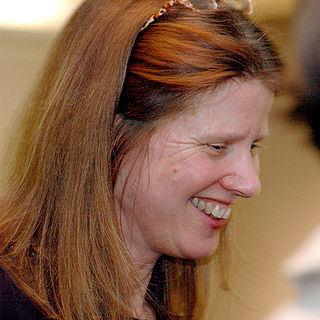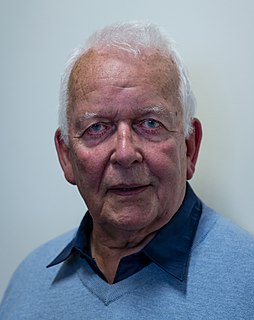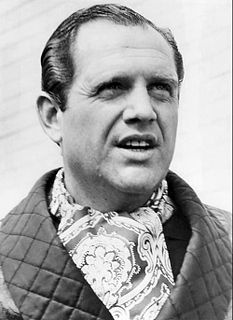A Quote by Jane Smiley
I wrote the Dickens book because I loved Dickens, not because I felt a kinship with him, but after writing the book it seemed to me that there was at least one similarity between us and that was that Dickens loved to write and wrote with the ease and conviction of breathing. Me, too.
Related Quotes
Dickens's final book, 'The Mystery of Edwin Drood,' forms the jumping-off point for my new novel, 'The Last Dickens'. This last work by Dickens has very little social commentary and a pretty tightly efficient storyline and cast of characters. Not necessarily what we think of when we think what characterizes Dickens.
I had read [Charles] Dickens's novels were often published serially. I thought it would be fun to write a book, just sitting down and writing a chapter every day, not knowing what would happen next. So that's how I wrote the first draft. And then of course I had to go back and make sure everything worked and change things.






































